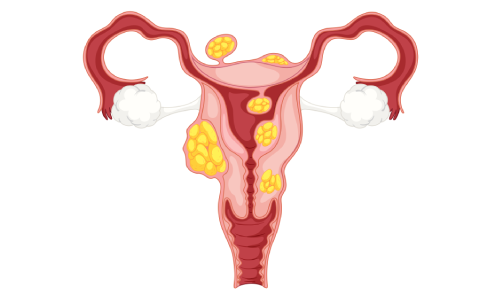Ayurveda is often described as a “holistic” system of medicine. But what does it mean for a medical system to be holistic, and why is Ayurveda considered one? Here’s the answer. Ayurveda teaches us to look at things from a macro level. Conversely, focusing too narrowly may often lead us to wrong conclusions. Imagine asking a person who has never seen an elephant, for instance, to describe how an elephant looks by showing its trunk. He might say that the elephant looks like a thick snake. This is what happens when you don’t view things on a broader scale. Treating the symptoms is of little use when you do not treat the whole person. This is why, in Ayurveda, we treat the whole person and not isolated symptoms. Ayurveda looks at the whole person; in addition, it considers the link between their physical, mental, and emotional well-being. Furthermore, Ayurveda recognizes that the human body and mind are connected to the environment and, in addition, the universe.” The system of medicine defines health as not merely the absence of disease, but a state of harmony and balance in the body, mind, and spirit. Factors that influence the holistic state of well-being To achieve this holistic state of well-being, Ayurveda, therefore, considers various factors that, in turn, influence an individual’s health. Doshas There are three Doshas (biophysical energies) – Vata, Pitta, and Kapha that are present in everyone but in varying proportions. Understanding one’s unique dosha constitution and imbalances is, therefore, essential for diagnosis and treatment. Diet and nutrition In Ayurveda, food is seen as medicine. What we eat affects not only our physical health but also our mental and emotional well-being. A diet tailored to an individual’s body type (Prakriti), health conditions, and other factors, therefore, helps a person heal. Lifestyle and daily routines Ayurveda emphasizes the importance of daily routines and lifestyle choices. From sleep patterns to exercise, Ayurveda offers guidelines to maintain balance. By aligning daily activities with natural rhythms and considering one’s constitution, Ayurveda promotes overall health and well-being. Medicines Ayurveda utilizes a vast array of herbs and natural remedies to treat various health conditions. In addition, practitioners recommend herbal preparations based on an individual’s Dosha and specific imbalances. Yoga and meditation Yoga and meditation have a huge role to play in promoting physical health; on the other hand, they also significantly contribute to mental health. These practices, therefore, help in reducing stress, improving flexibility, and aligning the body and mind; consequently, these elements are essential for holistic well-being. Ayurveda acknowledges that individuals are unique and that there is no one-size-fits-all approach to health and well-being. If a person is suffering from health conditions, Ayurvedic treatment, therefore, involves diagnosing and treating the root cause. Furthermore, based on the diagnosis, all the above-mentioned factors are consequently considered to help the person heal. That is why Ayurveda is called a “holistic” system of medicine. Want to heal with Ayurveda? Book a consultation with me today! If you are struggling with any health issues, you can either book a consultation with us or send us a message via WhatsApp to +91 79074 89839. We have the best Ayurvedic doctors in Trivandrum who are always glad to help you. If you have any queries, contact us. You can also visit us at our hospital.
Holistic Healing in Ayurveda – The Ancient Science of Total Health









